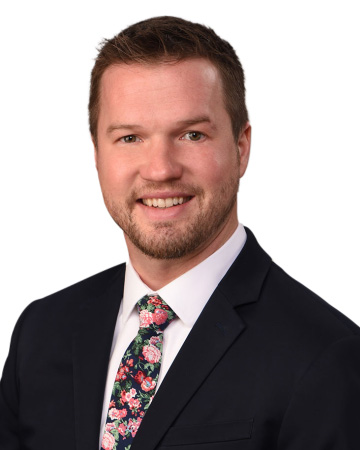- Locations
- Find a Physician
- By Physician
- By Department
- The Center for Spine Health
- Hand & Wrist Center
- Shoulder & Elbow Center
- Foot & Ankle Center
- Joint Replacement Center
- The Sports Medicine Center
- Pediatric Orthopedic Center
- Trauma & Fracture Center
- Osteoporosis and Bone Health
- Oncology Center
- Cartilage Repair Center
- Concussion Rehab Center
- OrthoDirect
- Careers
- Patient Portal
- Intranet
Sports Concussion Rehabilitation Center
Concussions are a Mild Traumatic Brain Injury (mTBI) that need to be taken seriously. As our overall understanding of concussions and recovery from these brain injuries improves, physical therapy has emerged as an important resource for all individuals who sustain a concussive injury. With the creation of the Sports Concussion Rehabilitation Center and the addition of a dedicated Sports Concussion Physical Therapist, University Orthopedics hopes to make this treatment more accessible to athletes who have been newly diagnosed with a concussion or those struggling with lingering effects.
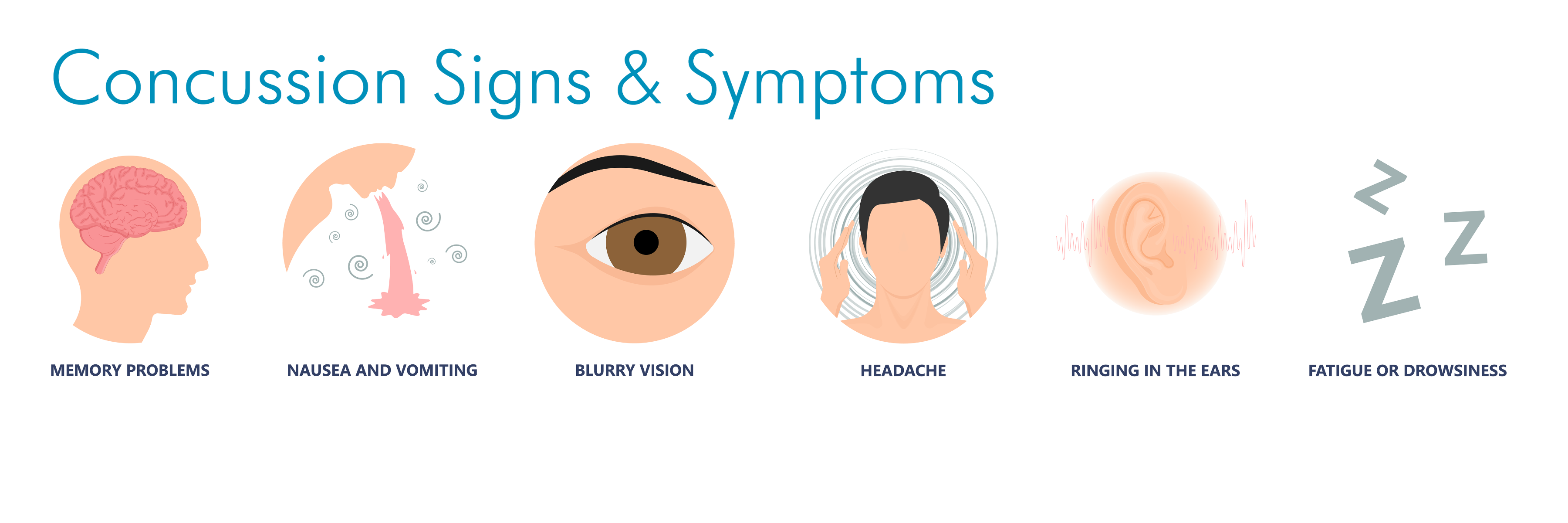
What is a Concussion?
A concussion is a Mild Traumatic Brain Injury (mTBI).
- Concussions are NOT a structural issue, they will not show up on a CT scan or MRI.
- Concussions are NO LONGER graded as mild, moderate, or severe. A person either sustained a concussion or did not.
- Concussion occurs with a blow to the head or a blow to the body that results in the brain moving around within the skull. This causes an interruption of the brain’s normal function.
- It is an energy crisis in the brain. After a concussion, the brain needs more energy to heal itself. However, the injury causes a restriction in blood flow to the brain. As a result, the brain does not get the energy it needs and will not be functioning as efficiently.
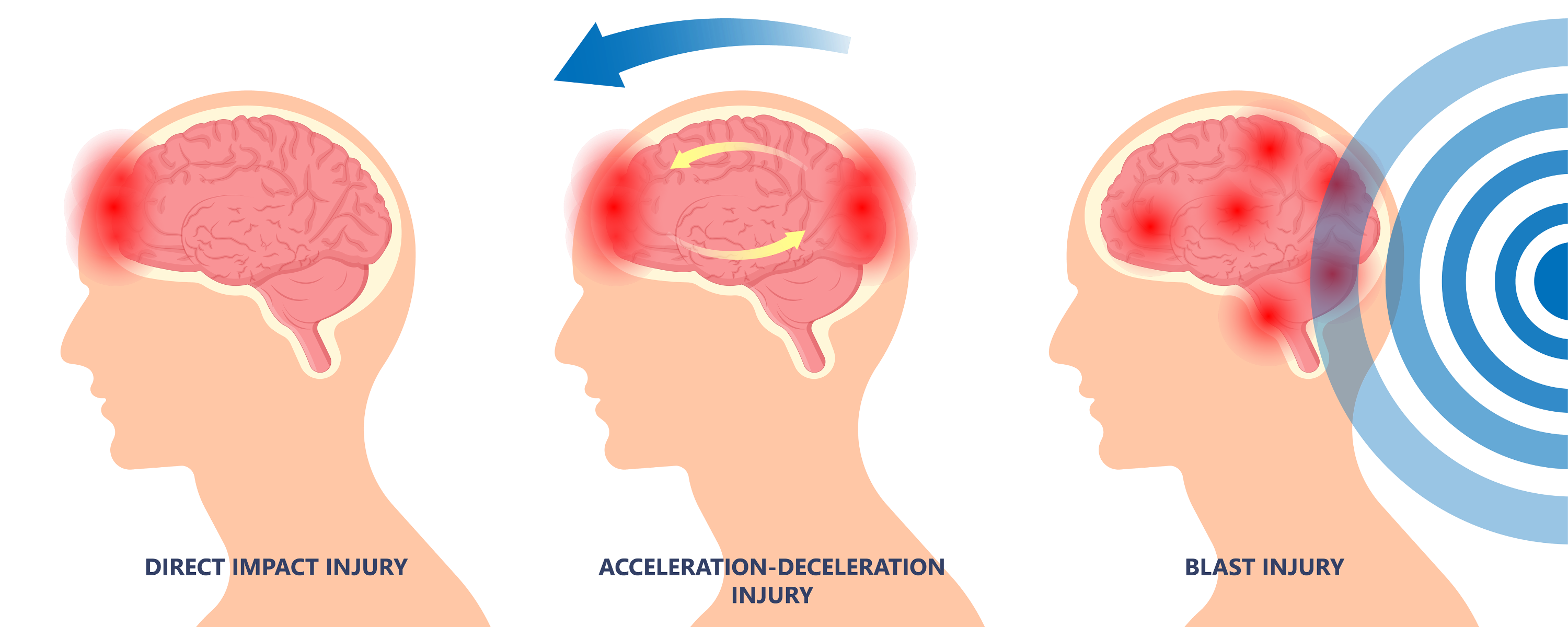
How Can Physical Therapy Help?
By improving neurological function, physical therapy not only results in better and faster recovery for patients, but it can also decrease the risk of future concussion or other subsequent injuries that can occur as a result of persistent underlying deficits.
Physical therapy for concussion ideally begins within the first 24 to 48 hours in order to help patients manage symptoms and help improve recovery time. However, athletes who are slow to recover and experience lingering effects can also benefit.
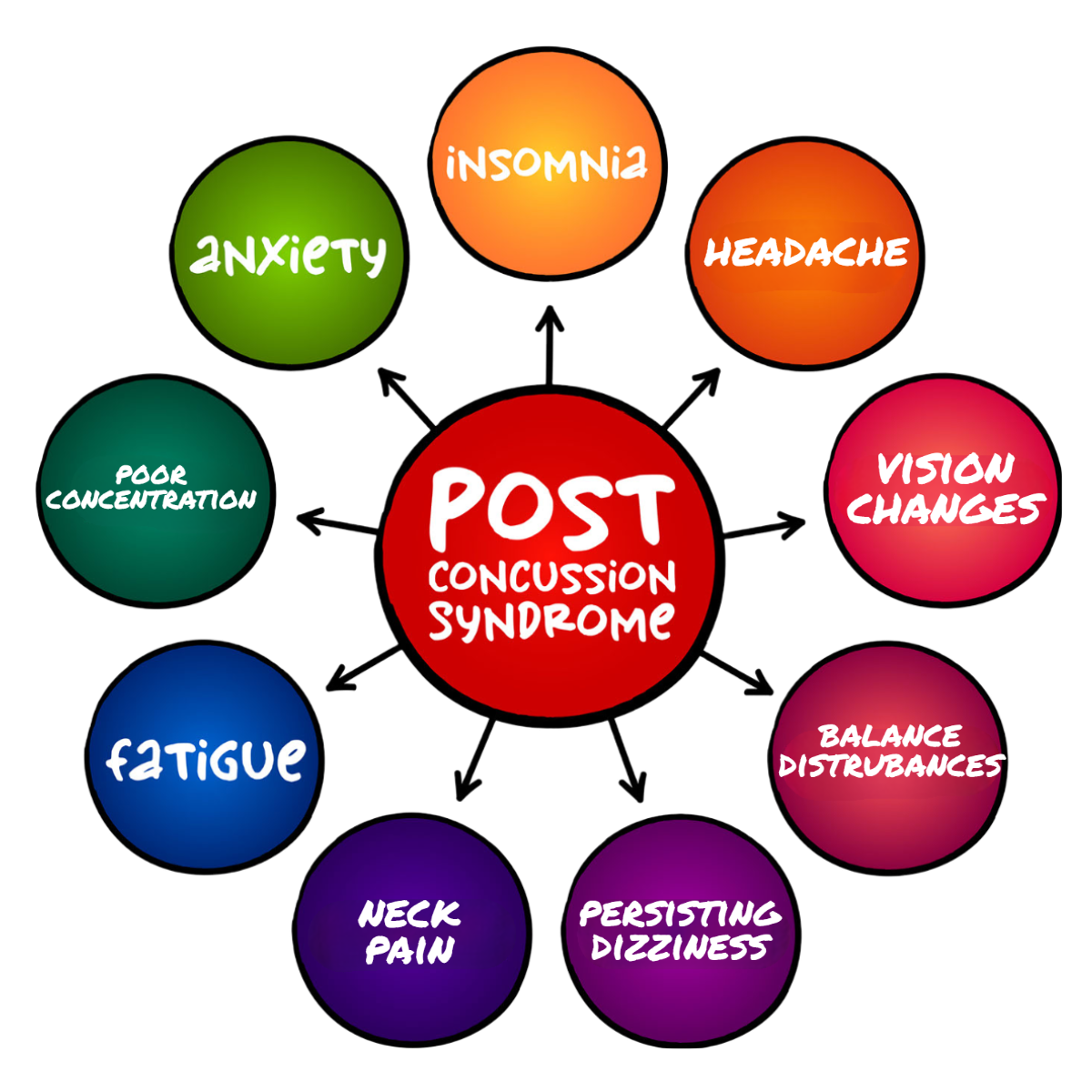
OUR SERVICES
Areas in which physical therapy can aid in concussion recovery
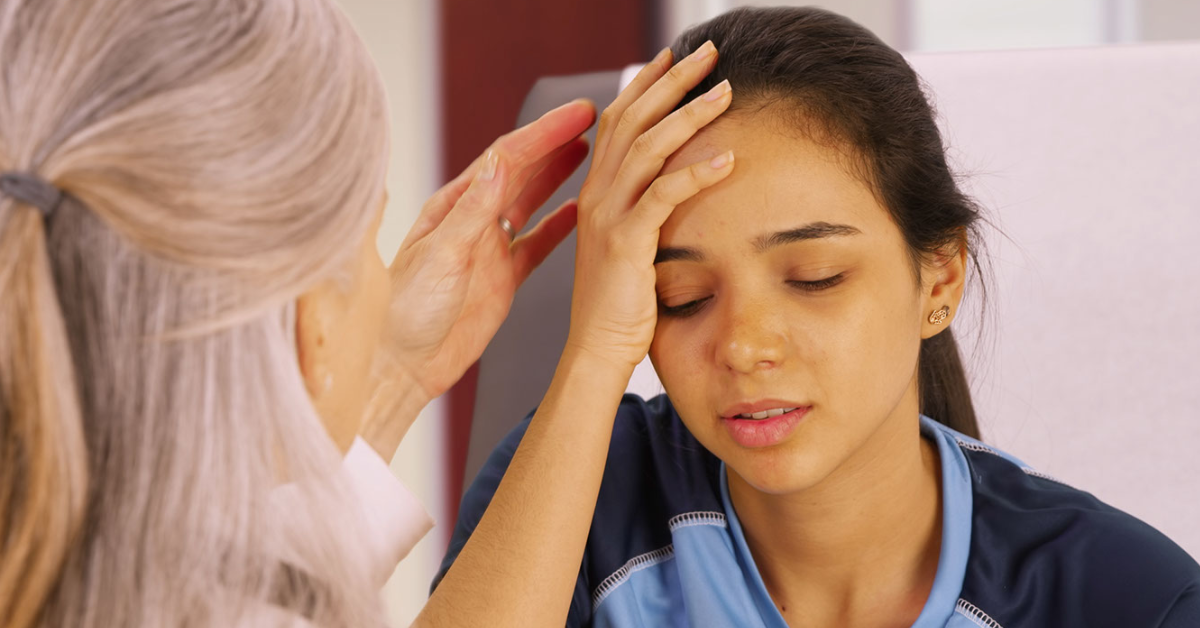
Headaches/Post-Traumatic Migraines
Determine the likely cause of the persisting headaches and address the root cause as appropriate.
Cervical
Neck pain is common after a concussion as many concussion injuries result in a whiplash mechanism. We can treat any joint or muscle-related problems relating to the patient’s neck pain.
Vestibular
We can assess and address any related positional vertigo (BPPV). We can also address any reduced vestibular function which results in poor balance, coordination, and difficulty with navigation through their daily environment following a concussion. This can show up as balance problems, dizziness, or an increase in car sickness/motion sickness.
Ocular/Oculomotor
We can assess accommodative deficits and convergence insufficiencies and help to treat them as appropriate. We can also facilitate contact with a specialist if necessary.
Autonomic and Cardiovascular
We can detect and address autonomic dysfunction that may result following a concussion. We can facilitate a gradual return to appropriate physical activities to help with appropriate cardiovascular function.
Emotional/Mood
Athletes don’t like to be put on the sidelines. Active participation in something that is helping them get better can help reduce anxiety and depression surrounding their injury.
Cognitive
We can help with dual-task training. We can facilitate a gradual return to typical everyday tasks by connecting cognitive work with general movement and physical tasks as appropriate. We can also specialize these tasks to the person’s specific sport or typical activities.
Concussion Experts
Caroline Guglielmo, PT, DPT
 Caroline Guglielmo is a Doctor of Physical Therapy, specializing in the treatment of concussions at the University Orthopedics Sports Concussion Rehabilitation Center. After earning a bachelor’s degree in exercise science from Sacred Heart University, she attended the University of Rhode Island, where she earned her Doctor of Physical Therapy degree. Initially treating general orthopedic conditions, she quickly developed a special interest in treating patients with balance, dizziness, and other neurological concerns. She has worked with players from the Providence Bruins, Brown University athletes, as well as many other student-athletes in Rhode Island. Her goal is to help improve the quality of life and performance of each concussed patient she works with and facilitate improved neurological and brain function to prevent increased risk of future concussion or other subsequent injuries that can occur as a result of persistent underlying deficits. Caroline sees patients at Kettle Point in East Providence and our East Greenwich location.
Caroline Guglielmo is a Doctor of Physical Therapy, specializing in the treatment of concussions at the University Orthopedics Sports Concussion Rehabilitation Center. After earning a bachelor’s degree in exercise science from Sacred Heart University, she attended the University of Rhode Island, where she earned her Doctor of Physical Therapy degree. Initially treating general orthopedic conditions, she quickly developed a special interest in treating patients with balance, dizziness, and other neurological concerns. She has worked with players from the Providence Bruins, Brown University athletes, as well as many other student-athletes in Rhode Island. Her goal is to help improve the quality of life and performance of each concussed patient she works with and facilitate improved neurological and brain function to prevent increased risk of future concussion or other subsequent injuries that can occur as a result of persistent underlying deficits. Caroline sees patients at Kettle Point in East Providence and our East Greenwich location.


